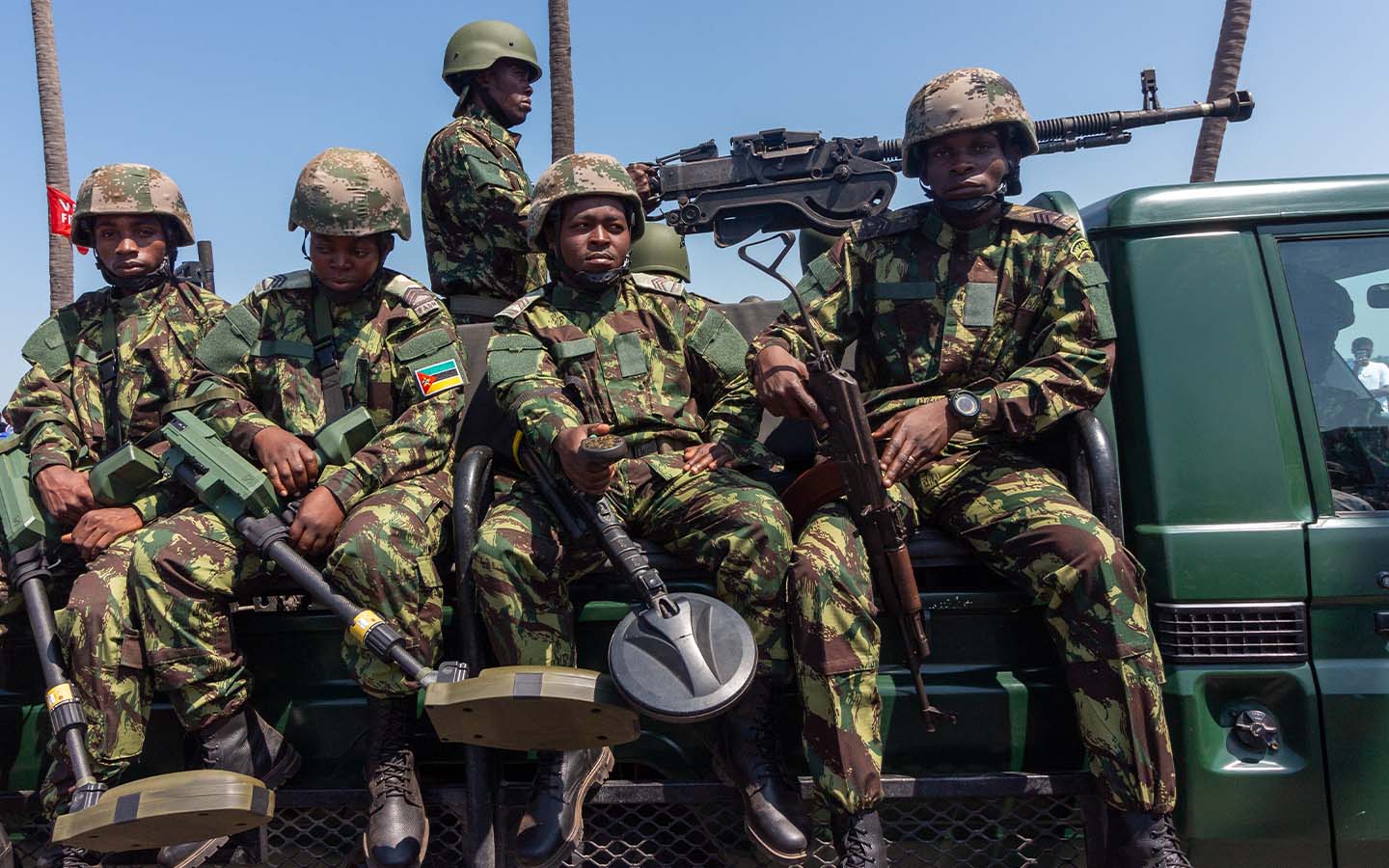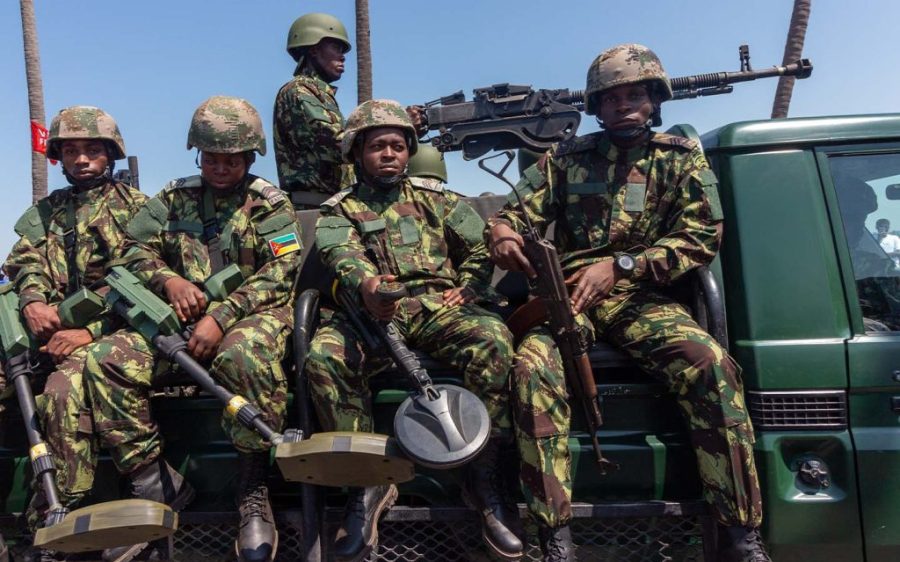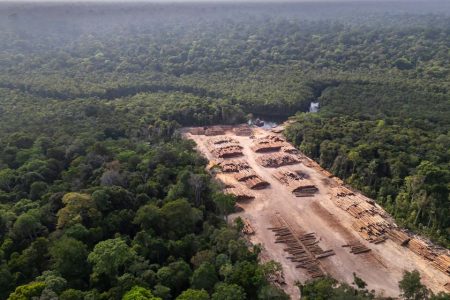Recent weeks have seen the Islamist insurgency in northern Mozambique take aim at one of the African continent’s largest protected areas, launching a series of attacks against what the terrorist organisation calls “a valuable location for Christians,” according to multiple reports.
ISIS Mozambique, known locally as Al-Shabaab (no relation to the Somali terror group), has claimed credit for an attack on the Chapungo-Kambako Safaris (CKS) main camp in the Niassa Special Reserve (REN), a 42,000-square-kilometre protected area in northern Mozambique, on 19 April.
Insurgents invaded the camp, looting equipment and burning structures. CKS founding partner Jumbo Moore told SCI that there were no guests in the camp at the time and all staff were accounted for. Follow up reporting revealed two, possibly three, fatalities from the attack – corresponding with terrorist claims of two dead.
The attack prompted the evacuation of another site, the Mariri Environmental and Skills Training Centre and the Niassa Carnivore Project (NCP) headquarters, the next day. Some anti-poaching scouts stayed behind to maintain a presence, according to a press release from the NCP, supported by soldiers from the Mozambican security forces (FDS).
On the evening of 29 April, insurgents struck Mariri. They claim to have killed six FDS soldiers, which has not been corroborated by any official report, and two NCP anti-poaching scouts. Multiple reports confirm that two scouts were killed in the attack, while a third was severely injured.
[See more: Renewed terrorist attacks displace nearly 15,000 in Mozambique, UNHCR says]
Residents of the nearby village of Mbamba fled in the aftermath of the attack, seeking safety in the bush, according to an NCP press release. NCP staff combed the area in search of staff and community members, finding the injured scout in the bush three days after the attack, with gunshot wounds to both legs. He was evacuated to a hospital in Maputo where he is stable, the NCP noted. Two anti-poaching scouts from the conservation organisation remain unaccounted for.
Mozambican authorities announced the deployment of a permanent security force to the REN on Tuesday, “to guarantee security and stability” in the massive wildlife reserve, Leonel Muchina, spokesperson for the general command of the Police of the Republic of Mozambique (PRM), told press.
The NCP has lamented the “deeply damaging” impact of the attacks, not only to its conservation work, but to the livelihoods of some 70,000 people who call Niassa home. The organisation is responsible for creating over 500 local jobs and supporting more than 3,000 households, directly investing millions of dollars over the past decade into conservation, education and community development in the area – work it now fears is at risk due to insecurity.
Many Mozambicans, particularly those in neighbouring Cabo Delgado Province, have endured insurgent activity for the better part of a decade now. While the country is majority Christian, the northern provinces where the Islamist insurgency emerged are predominantly Muslim and insurgents frame their reign of terror as an ongoing war against Mozambique’s Christians, government and economy.
However, one local missionary priest told the international organisation Aid to the Church in Need (ACN) that “all religious groups are suffering, not just Christians” in the latest wave of attacks.






